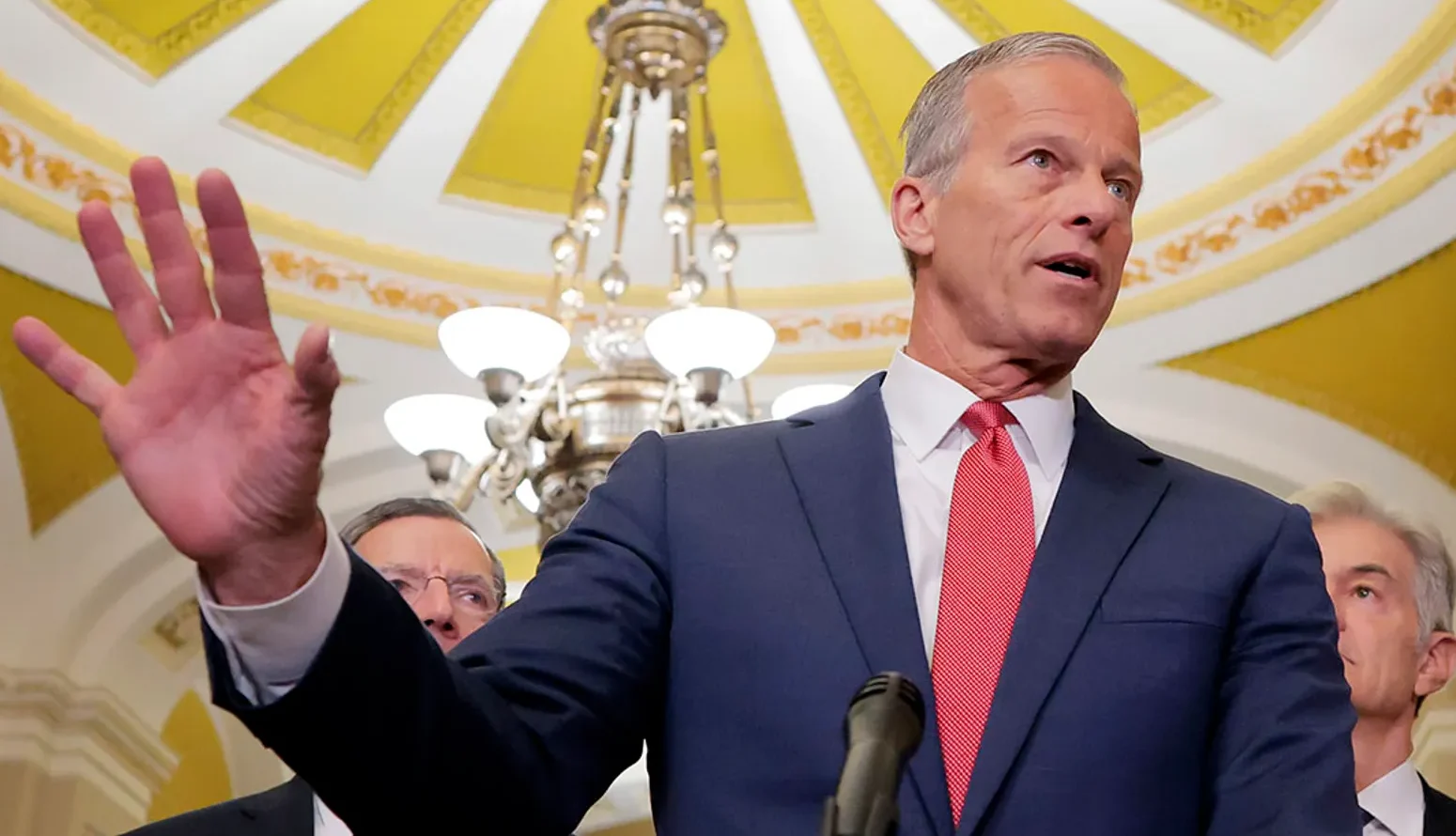Joe Scarborough and Mika Brzezinski, the famously combative co-hosts of MSNBC’s Morning Joe, ignited a political and media firestorm this week with the revelation that they secretly met with President-Elect Donald Trump at Mar-a-Lago. For a duo that has branded itself as stalwart members of the anti-Trump “resistance,” the news has left both their fans and critics in a state of stunned disbelief. Adding fuel to the fire, their explanation for the meeting—an attempt to “restart communications”—only deepened suspicions about their motives.
The backlash began almost immediately. Scarborough and Brzezinski admitted on air that the meeting followed their public “concerns” about Trump’s cabinet picks and their expressed desire for dialogue. But this claim did little to pacify critics, who viewed the visit as a blatant contradiction of their previous posture. After years of decrying Trump as a threat to democracy, why would they privately appeal to him now? The optics alone reek of desperation, leaving many wondering whether the couple sought personal or professional gain.
CNN’s Brian Stelter, never one to miss an opportunity for speculation, suggested that the meeting was driven by fears of “retribution.” He claimed unnamed sources informed him the hosts were worried about potential legal or governmental harassment under the incoming Trump administration. Stelter pointed to broader concerns among journalists about retaliation but failed to provide concrete evidence for his assertions. His attempt to justify the meeting was met with skepticism and derision from both sides of the aisle.
NEW: @ScottJenningsKY‘s reactions are priceless as Brian Stelter ‘reports’ that Joe/Mika met with Trump because they feared retribution:
“I mean, isn’t it possible too that they’re just two people who are so full of themselves, so full of self-aggrandizement that they would feel… pic.twitter.com/Ecr6QItBq3
— Western Lensman (@WesternLensman) November 20, 2024
Republican strategist Scott Jennings dismantled Stelter’s theory on-air, pointing out the glaring inconsistencies in Scarborough and Brzezinski’s account. Jennings noted that if their meeting was indeed an act of journalistic courage, they would have publicly declared their purpose: to advocate for fair treatment of the press. Instead, they painted the visit as a diplomatic gesture, sidestepping any acknowledgment of their anti-Trump rhetoric.
The reality is far less flattering for the MSNBC duo. Despite years of portraying themselves as principled critics of the Trump administration, their actions reveal a pattern of opportunism. Whether by sensationalizing baseless conspiracies or fanning the flames of partisanship, they’ve cultivated a brand that thrives on attention—positive or negative. This latest stunt appears to be more of the same, a bid to stay relevant as their ratings and credibility dwindle.
For those who have followed Scarborough and Brzezinski’s trajectory, the Mar-a-Lago meeting is hardly surprising. Their transition from Trump allies to fierce critics and now, apparently, back to wary collaborators underscores the transactional nature of their approach. In the end, this episode serves as a reminder that in the world of cable news, principles often take a backseat to self-preservation.



